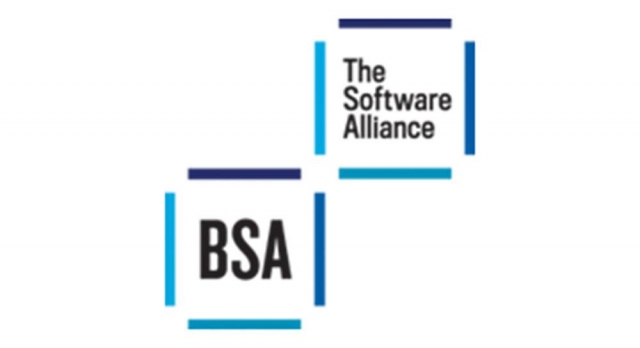ARDI Ordered To Pay 0.5m GEL To BSA For Unlicensed Software Use
BSA | The Software Alliance highlights a precedent judgement in a civil case undertaken by one of its members, Microsoft Corporation. The Tbilisi City Court ordered ARDI, one of the leading insurance companies operating in Georgia, to pay more than GEL half a million in compensation related to suppression of copyright infringement for the unlicensed use of Microsoft software products.
According to the decision rendered by the court on 9 February 2018, the court has ruled that there was a violation of Microsoft’s copyright through unlicensed use of Microsoft Windows Operating System and Office applications. Acting in line with the Law on Copyright and Related Rights, the court imposed an obligation on the company to pay compensation in an amount of ten times amount of retail price of each computer program installed without authorization on computers located at the offices of the company.
The decision rendered by the court constitutes the first precedent decision imposing liabilities over the copyright infringer for unauthorized use of software in Georgia.
BSA’s outside local counsel in Georgia, Kakha Sharabidze, Managing Partner of law firm Business Legal Bureau (BLB), believes that the precedent set by the recently rendered court decision will strengthen the protection and enforcement of intellectual property rights in Georgia , and support a continued reduction in unlicensed software use in Georgia.
While companies in Georgia continue to use unlicensed software at a high rate, despite the proven link between unlicensed software use and cyberattacks, this rate has decreased in recent years, largely due to education and effective legal enforcement. According to the Global Software Survey from BSA , Seizing Opportunity Through License Compliance1, in Georgia the percent of software installed on computers in
2015 that was not properly licensed was 84 percent. This represents a 6 points decrease compared with BSA’s prior study in 2013.
Where unlicensed software is in use, the likelihood of encountering malware goes up dramatically – based on an IDC study there’s a 33% chance of encountering malware in unlicensed software2. And the cost of dealing with malware incidents can be staggering – according to IDC the global cost from cyber- attacks exceeded $400 Billion USD in 20153. Unfortunately, many CEOs do not know what software deployed on their systems and have not taken the required steps to ensure it is legitimate. According to Sharabidze, most companies in Georgia don’t have a designated person in charge of IT infrastructure, as well as internal procedures to regulate the use of computer programs. And most Georgian companies, even those that have IT employees, do not carry out regular software audits and do not inventory computer programs’ licenses.
“When using unlicensed software, companies risk not only legal liability and significant court fines, but also the theft of sensitive data of the company. Because unlicensed programs often don’t receive the latest security updates, they open the door for malware that allows cybercriminals to gain access to confidential company data. “Companies can mitigate the cybersecurity risks of unlicensed software by ensuring all software is purchased from legitimate sources and establishing an effective software asset management (SAM) program”, Sharabidze advises. Organizations that effectively deploy SAM will know what software is used over their network, whether it is legitimate and licensed, and can optimize their IT benefits by deploying software that is secure and best fit for their businesses.
About BSA
BSA | The Software Alliance (www.bsa.org) is the leading advocate for the global software industry before governments and in the international marketplace. Its members are among the world ’s most innovative companies, creating software solutions that spark the economy and improve modern life. With headquarters in Washington, DC, and operations in more than 60 countries, BSA pioneers compliance programs that promote legal software use and advocates for public policies that foster technology innovation and drive growth in the digital economy.












